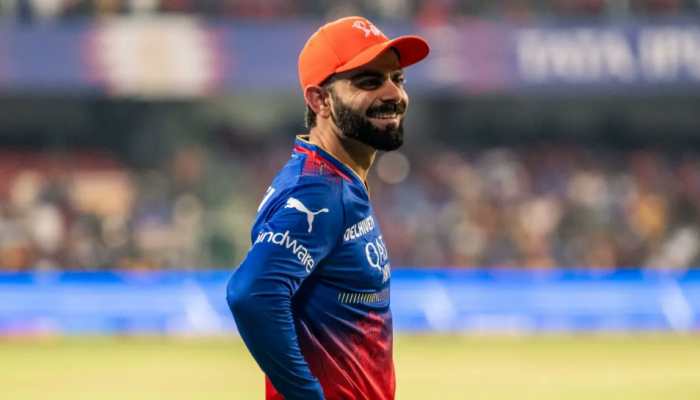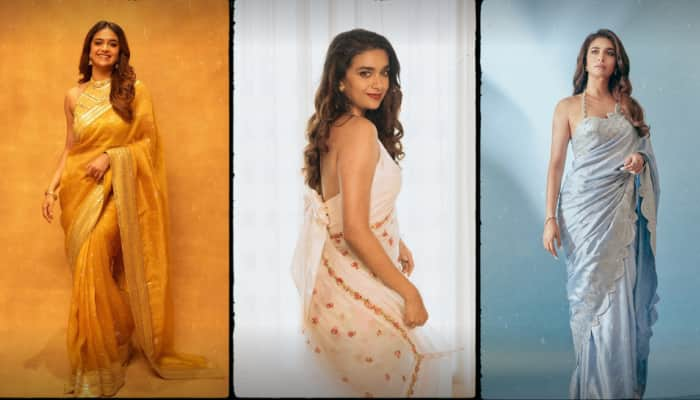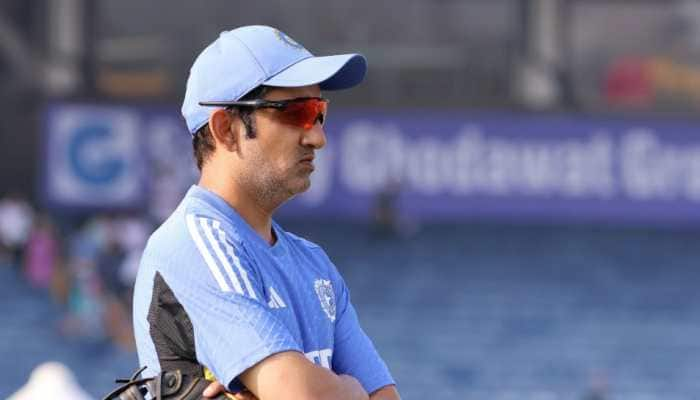Sabarimala temple review pleas referred to 7-judge bench; SC will consider these key issues
The five-member bench, headed by Chief Justice Ranjan Gogoi, along with Justices Indu Malhotra, AM Khanwilkar, DY Chandrachud and Rohinton Nariman, heard the review petitions filed on the top court`s September 28, 2018 judgement which had lifted a ban on entry of women aged between 10 and 50 years to the Sabarimala temple.
Trending Photos
) Image courtesy: Reuters
Image courtesy: Reuters The Supreme Court on Thursday (November 14) gave no stay on its earlier judgement, lifting a ban on the entry of women aged between 10 and 50 years into the Sabarimala temple in Kerala, and referred the review petitions on it to a seven-member bench for further consideration. A five-judge bench, in a 3:2 decision, clubbed the matter with entry of Muslim women to mosques and Parsi women to the tower of silence.
The five-member bench, headed by Chief Justice Ranjan Gogoi, along with Justices Indu Malhotra, AM Khanwilkar, DY Chandrachud and Rohinton Nariman, heard the review petitions filed on the top court`s September 28, 2018 judgement which had lifted a ban on entry of women aged between 10 and 50 years to the Sabarimala temple.
Justices Chandrachud and Nariman have written separate judgments. The bench, in a 3:2 split verdict, referred the Sabarimala shrine review pleas to a larger seven-judge bench, without staying its earlier order. The bench unanimously agreed to refer the religious issues to a larger bench.
While referring the case to a larger bench, the apex court would consideration following issues:
1. Regarding the interplay between the freedom of religion under Articles 25 and 26 of the Constitution and other provisions in Part III, particularly Article 14.
2. What is the sweep of expression ‘public order, morality and health’ occurring in Article 25(1) of the Constitution.
3. The expression ‘morality’ or ‘constitutional morality’ has not been defined in the Constitution. Is it over arching morality in reference to preamble or limited to religious beliefs or faith. There is need to delineate the contours of that expression, lest it becomes subjective.
4. The extent to which the court can enquire into the issue of a particular practice is an integral part of the religion or religious practice of a particular religious denomination or should that be left exclusively to be determined by the head of the section of the religious group.
5. What is the meaning of the expression ‘sections of Hindus’ appearing in Article 25 (2)(b) of the Constitution.
6. Whether the “essential religious practices” of a religious denomination, or even a section thereof are afforded constitutional protection under Article 26.
7. What would be the permissible extent of judicial recognition to PILs in matters calling into question religious practices of a denomination or a section thereof at the instance of persons who do not belong to such religious denomination?
The Supreme Court also observed that "In a legal framework where the courts do not have any epistolary jurisdiction and issues pertaining to religion including religious practices are decided in exercise of jurisdiction under Section 9 of the Civil Procedure Code or Article 226/32 of the Constitution the courts should tread cautiously. This is time honoured principle and practice."
In this context, "the decision of the Seven Judges bench of this Court in Commissioner, Hindu Religious Endowments, Madras vs. Shri Lakshmindra Tirtha Swamiar of Shirur Mutt (Shirur Mutt) holding that what are essential religious practices of a particular religious denomination should be left to be determined by the denomination itself and the subsequent view of a Five Judges bench in Durgah Committee, Ajmer vs. Syed Hussain Ali & Ors. carving out a role for the court in this regard to exclude what the courts determine to be secular practices or superstitious beliefs seem to be in apparent conflict requiring consideration by a larger Bench."
It further observed that "the larger bench may also consider it appropriate to decide all issues, including the question as to whether the Kerala Hindu Places of Public Worship (Authorisation of Entry) Rules, 1965 govern the temple in question at all. Whether the aforesaid consideration will require grant of a fresh opportunity to all interested parties may also have to be considered."
In September 2018, the apex court gave a verdict allowing women of all ages to enter the Sabarimala shrine in Kerala, in an issue linked to religious sentiments in the state. The Chief Justice`s majority judgement observed it is time to evolve a judicial policy to do complete justice and for an authoritative enunciation of the Constitutional principles by a larger bench of not less than seven judges.
Stay informed on all the latest news, real-time breaking news updates, and follow all the important headlines in india news and world News on Zee News.
Live Tv







)
)
)
)
)
)
)
)
)
)
